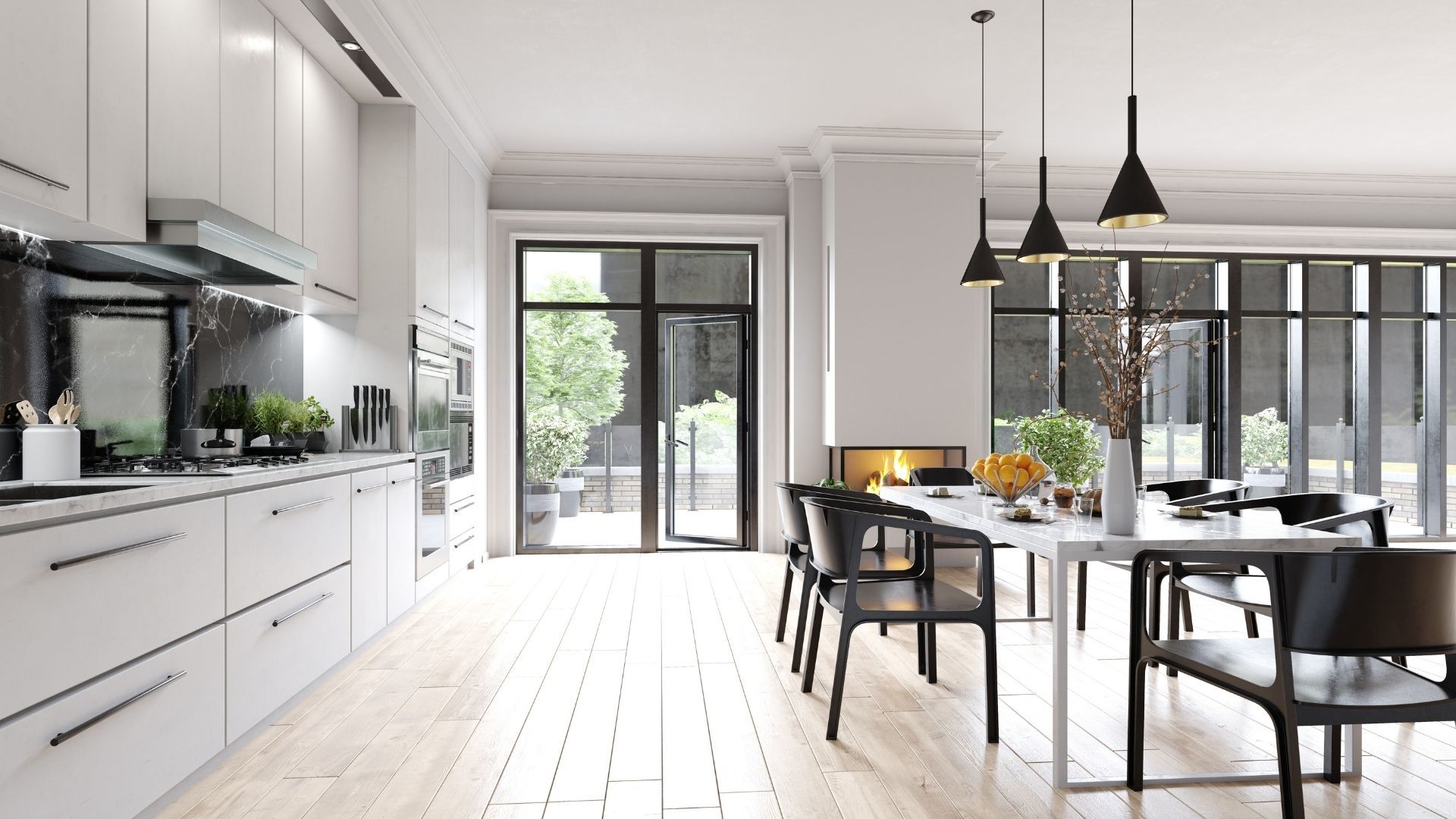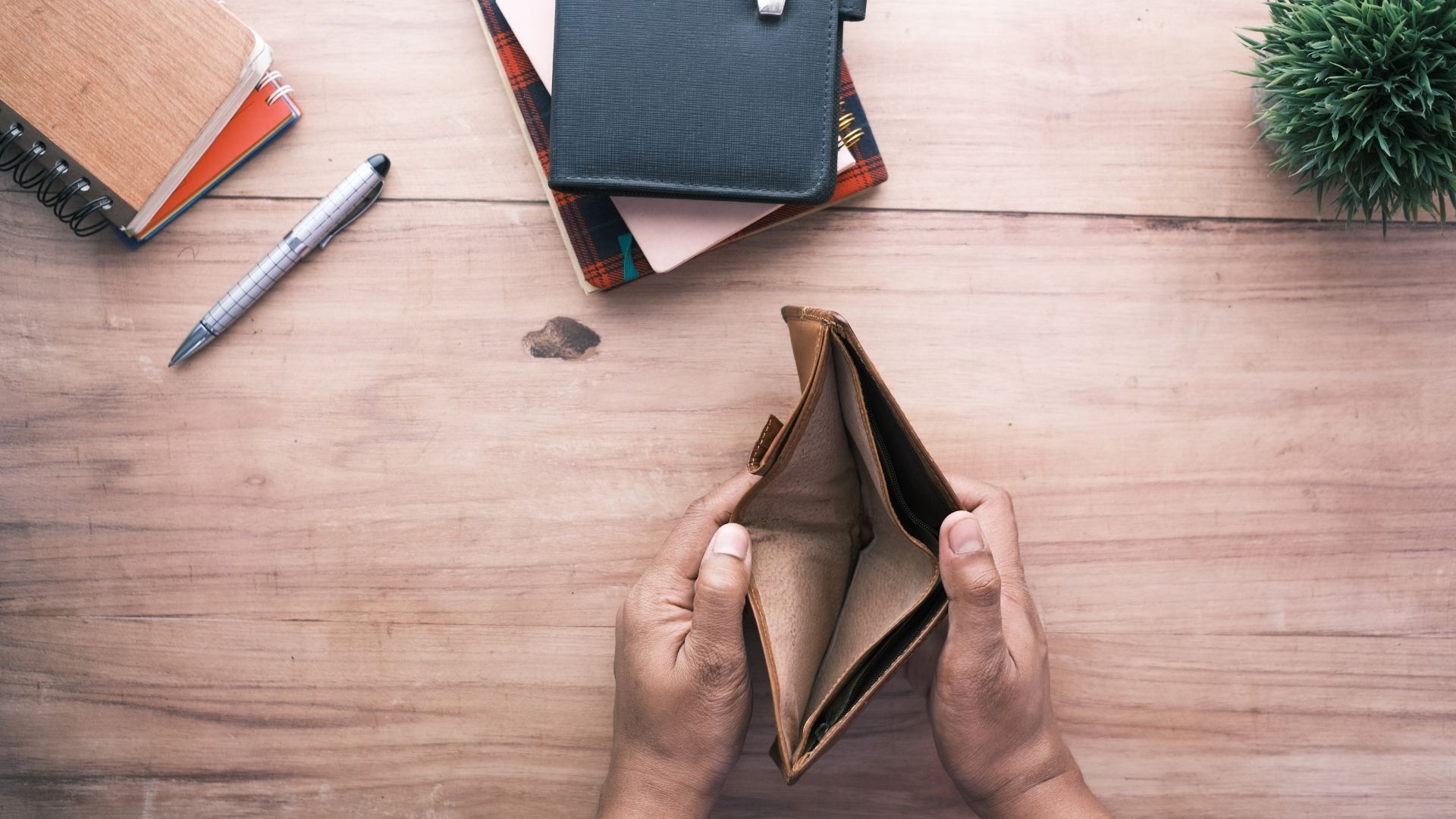Advice for Living Through These Uncertain Times
It only takes a quick trip to the grocery store to realize that life is VERY different than it was just a couple of months ago. COVID-19 has already left a permanent mark in modern human history. So as you continue life mid-pandemic, here’s some good advice: don’t believe everything you read on the internet or see in the news.
As it relates to your personal financial situation.
As it relates to the Canadian economy.
As it relates to the value of your home.
As it relates to Canadian real estate values.
Because as the media continues to cover COVID-19, you can expect to see financial doomsday headlines; designed to grab your attention, get more outlandish as time goes on. The goal is to catch your eye with a wild headline so that you read an article (or watch a video) and are exposed to the advertisements contained within.
Media and news companies are in the business of selling advertisements, not providing you with accurate unbiased information.
The best way to grab your attention is with an attempt to instil fear or shock. One headline will read that house prices are expected to plummet, the next will claim mortgage defaults are on the rise by a billion per cent, while the next will provide incredible proof that house sales are expected to grind to a screeching halt and will never return to normal.
And although most of these stories contain *some* level of truth, rest assured that what may be true for the rest of Canada (or the US) is not necessarily true about your personal financial situation, your local economy, your local real estate, or your mortgage.
Don’t buy into the hype and get anxious about things you can’t control.
It might be best to just turn off the TV, put down the newspaper, and stop scrolling Facebook. Especially if you aren’t thinking of making a move anytime soon anyway! But if your mortgage is up for renewal, if you’re thinking of buying a new property, or if you’re looking to make a change with your investments, then it’s best to talk with local professional and seek their advice!
Be influenced by those who have your best interest in mind!
If you have any questions about your mortgage, please don’t hesitate to contact me anytime. I’d be more than happy to let you know exactly where you stand.
The post Advice for Living Through These Uncertain Times appeared first on Dan Caird.

DAN CAIRD
Mortgage Agent | DLC
RECENT POSTS


CONTACT ME ANYTIME!
Thank you for contacting me.
I will get back to you as soon as possible
Please try again later
Dan Caird. All Rights Reserved | BRX Mortgage. Privacy and Content Notice.



